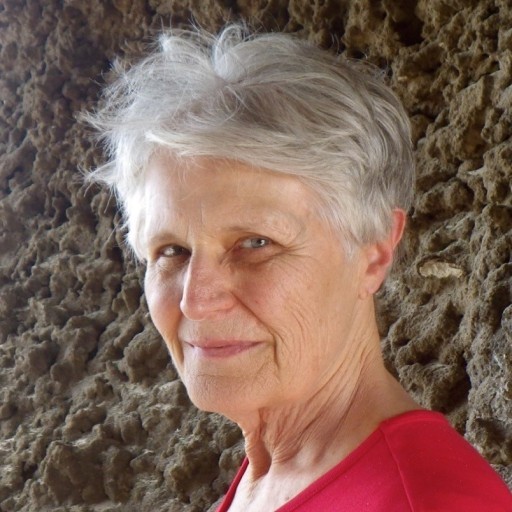 Reposted from ORION MAGAZINE
Reposted from ORION MAGAZINE
The problem with environmentalists, Lynn Margulis used to say, is that they think conservation has something to do with biological reality. A researcher who specialized in cells and microorganisms, Margulis was one of the most important biologists in the last half century—she literally helped to reorder the tree of life, convincing her colleagues that it did not consist of two kingdoms (plants and animals), but five or even six (plants, animals, fungi, protists, and two types of bacteria).
Until Margulis’s death last year, she lived in my town, and I would bump into her on the street from time to time. She knew I was interested in ecology, and she liked to needle me. Hey, Charles, she would call out, are you still all worked up about protecting endangered species?
Margulis was no apologist for unthinking destruction. Still, she couldn’t help regarding conservationists’ preoccupation with the fate of birds, mammals, and plants as evidence of their ignorance about the greatest source of evolutionary creativity: the microworld of bacteria, fungi, and protists. More than 90 percent of the living matter on earth consists of microorganisms and viruses, she liked to point out. Heck, the number of bacterial cells in our body is ten times more than the number of human cells!
Bacteria and protists can do things undreamed of by clumsy mammals like us: form giant supercolonies, reproduce either asexually or by swapping genes with others, routinely incorporate DNA from entirely unrelated species, merge into symbiotic beings—the list is as endless as it is amazing. Microorganisms have changed the face of the earth, crumbling stone and even giving rise to the oxygen we breathe. Compared to this power and diversity, Margulis liked to tell me, pandas and polar bears were biological epiphenomena—interesting and fun, perhaps, but not actually significant.
Does that apply to human beings, too? I once asked her, feeling like someone whining to Copernicus about why he couldn’t move the earth a little closer to the center of the universe. Aren’t we special at all?
Read the rest of this article here
